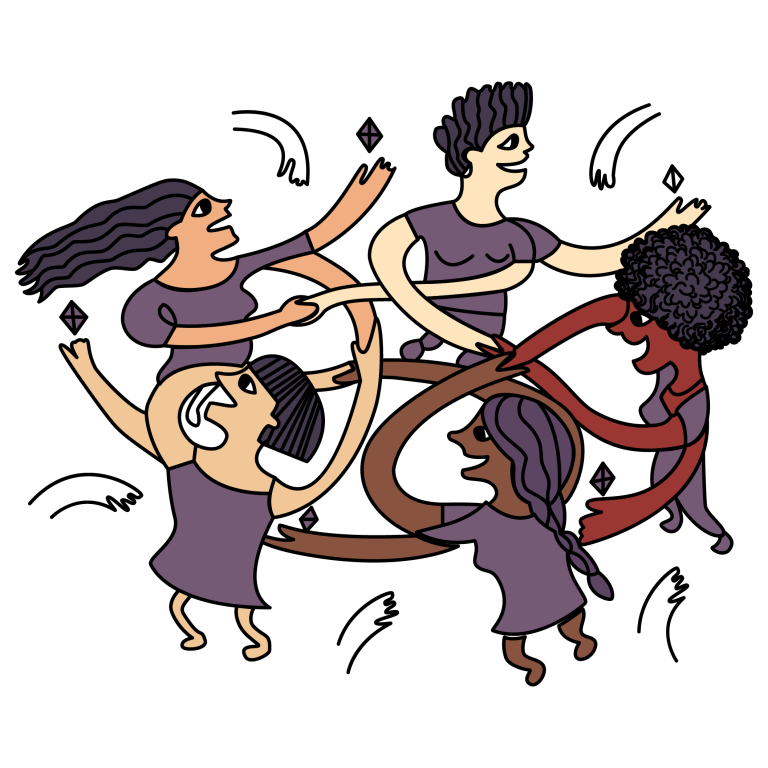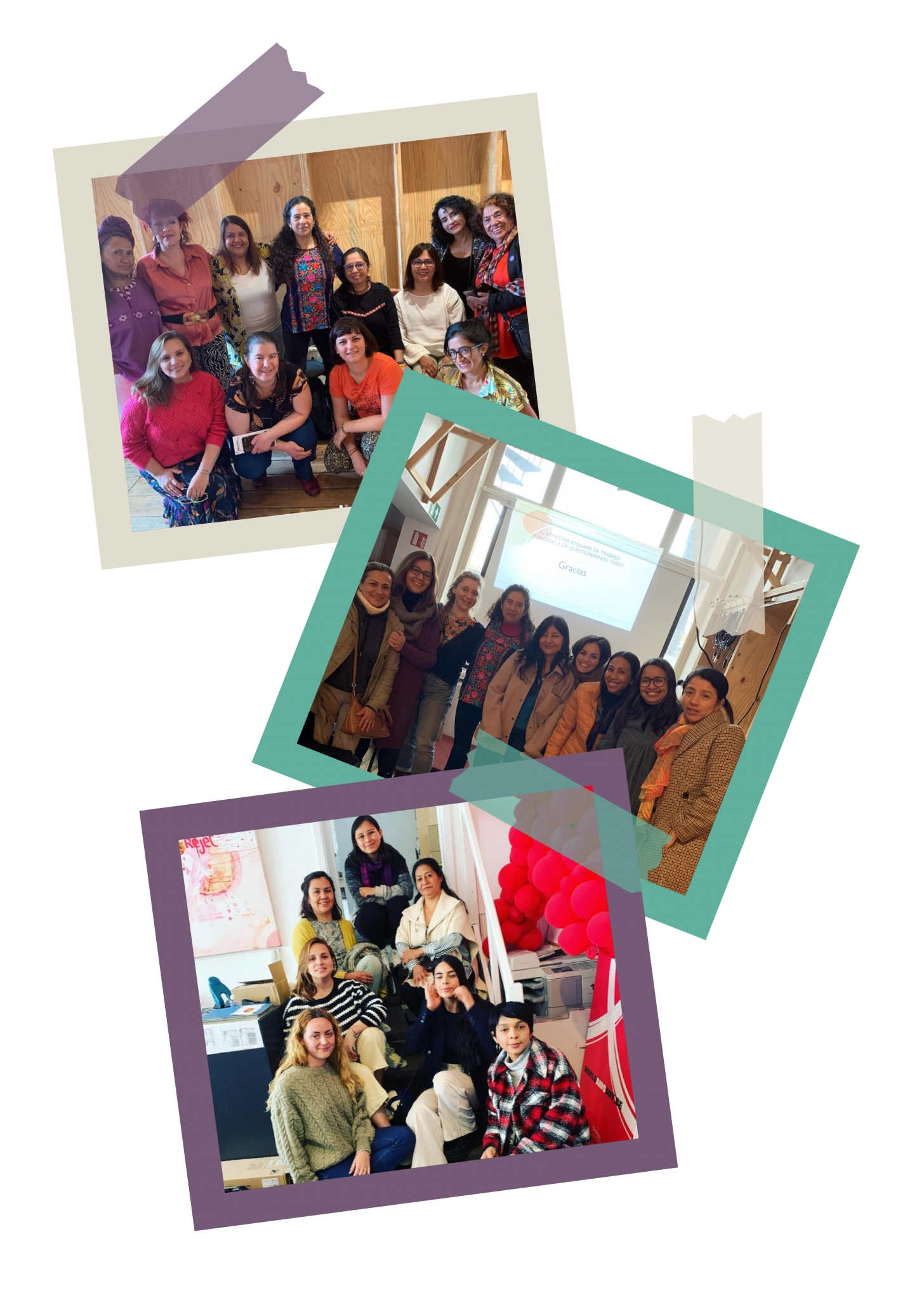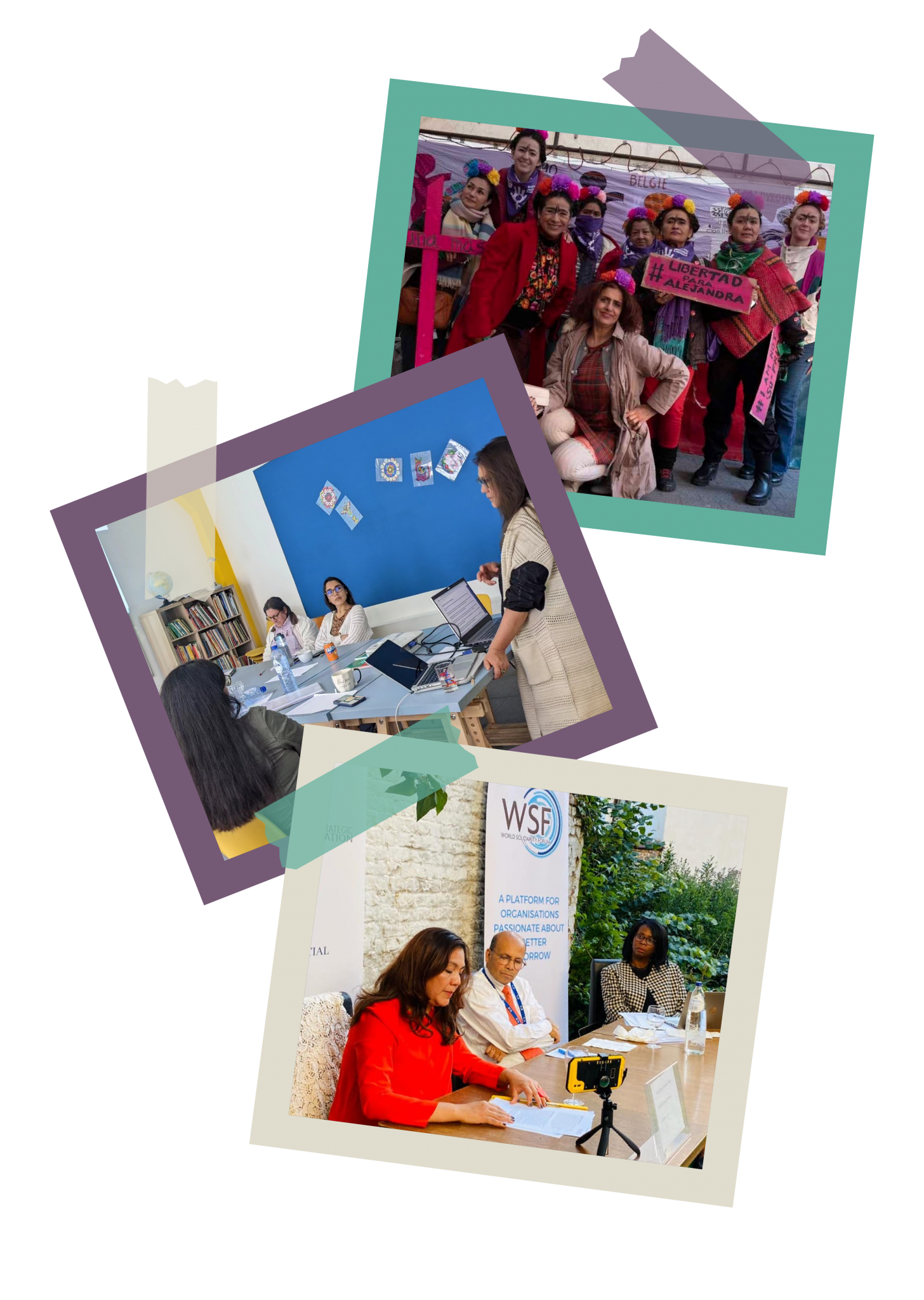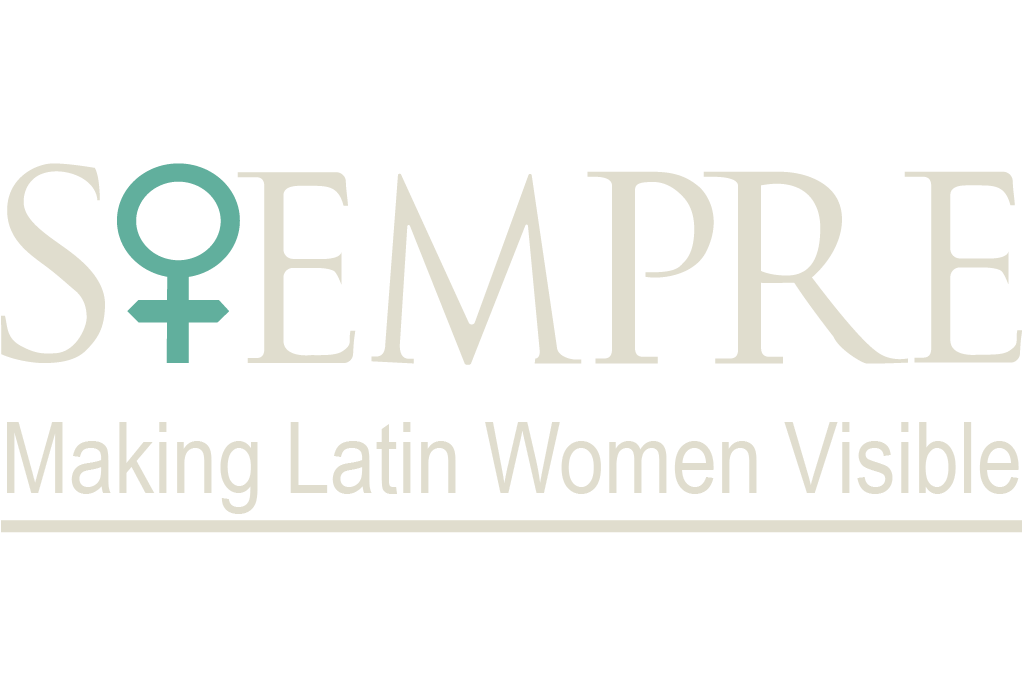We conducted an initial exploratory study on the challenges and difficulties faced by Latin American women in Belgium, including issues related to language, health, inclusion, education, discrimination, and various forms of violence—psychological, economic, and physical. This study allowed us to build bridges between Latin American women and Belgian initiatives, resulting in a comprehensive assessment of the well-being of Latin American women living in Belgium. To support this study, we engaged with Latina women to better understand their integration processes, the challenges they faced, and to identify potential solutions or alternatives.
We organized focus groups and debates with specialists to discuss critical topics such as femicides, the ratification of the Istanbul Convention, CEDAW women’s rights, and the invisibility and vulnerability of migrant women. Women’s testimonies were central to our research, gathered through numerous interviews with Latin American migrant women.
As a community-driven organization, we assisted migrant women in understanding Belgian institutions and social services, particularly those focused on migrants, refugees, women, and combating discrimination. Through our permanent and personalized communication services, we provided support and accompaniment to women across various regions of Belgium.
Building on our presence in Brussels, we strengthened and expanded our networks. We joined the European Network Against Racism (ENAR) and the Federatie van Sociaal-Culturele Verenigingen van Mensen met een Migratieachtergrond (FMDO), where we actively participate as board members. Additionally, we became part of the World Solidarity Forum (WSF).
We participated in several conferences and presented papers, including:
- The Congress on Migration and Mental Health in Brussels.
- The Colloquium on Local Communities and Indigenous Research at the ULB.
- Hands on Sexual Harassment: Has #MeToo Redefined the Status Quo? at the European Commission.






